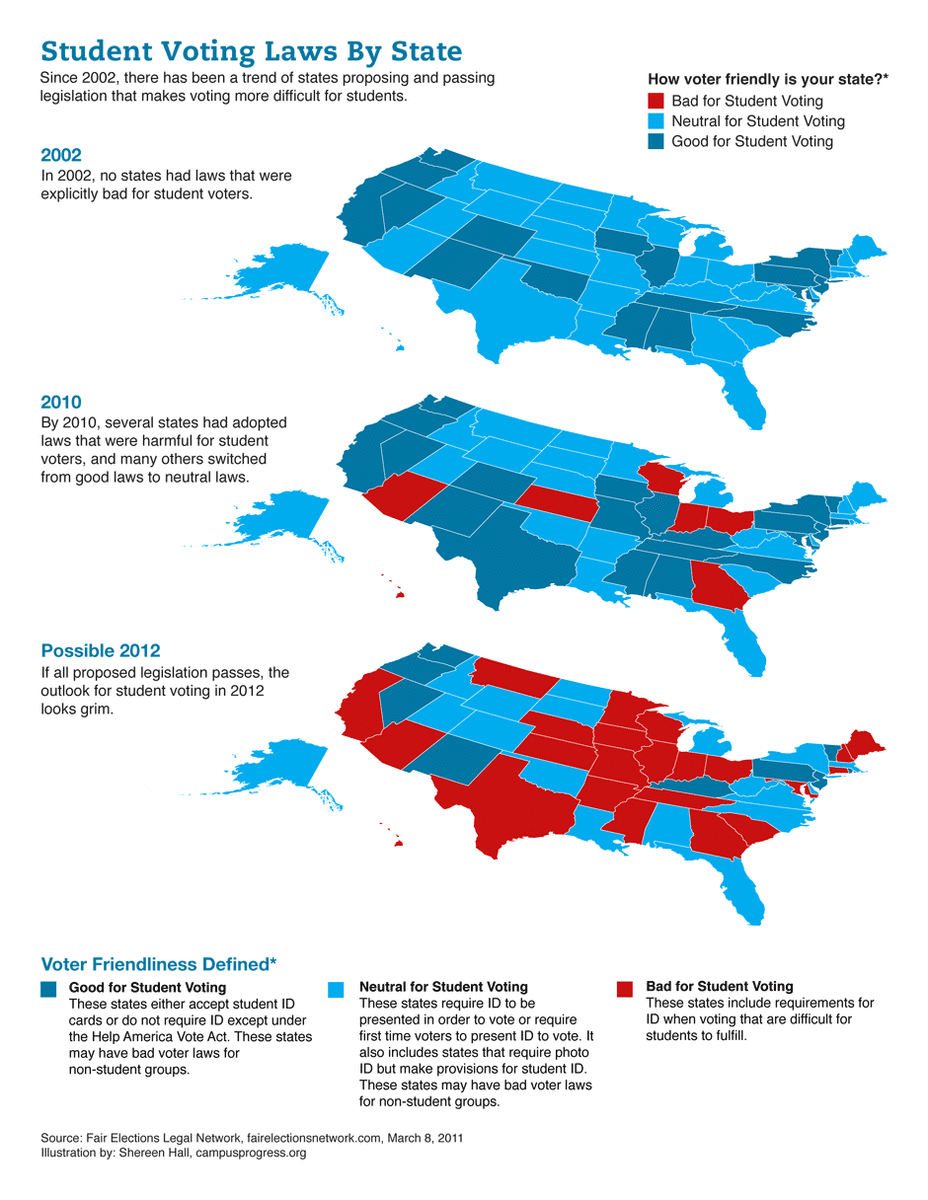Should all states pass right to work legislation?
Right to work legislation is a controversial subject in these economic times and while there have been some battles over states passing right to work legislation the subject is still controversial. We in this country have some unspoken rights that are not necessarily directly identified in our Constitution but it does not make them any less of a right. I understand that many unions if not all of them have problems with right to work legislation and their perspective regarding the issue. Jobs today are difficult to find for many individuals who are searching as identified in the number of unemployed according to statistics from the government. The question is whether states passing right to work legislation benefits states economically are good for individuals in states considering such legislation.
Granted I may get some negative feedback from this article but it is a subject which must be presented and discussed. First there is an important principle involved with the right to work philosophy. We as individuals should not be forced to join a union if we have the capabilities to perform the responsibilities of positions in which we are interested. This is not meant to be a bash on unions for I feel they do have their place in protecting worker rights but their impact today is not as great as it was in the past. Many statistics reported by various media resources have identified that membership in unions is down to a fraction of what it once was and to that unions must consider the reason for the change.
In the previous paragraph I mentioned that we should not be forced to join a union to get a job if we have the capabilities of performing the responsibilities. Right to work legislation has been passed from the latest count in 23 states but there is not much discussion as to legislation passed by the federal government which opened the door for right to work legislation. This legislation was the Taft-Hartley Act which was passed over the veto of the President in 1947. Both sides on this issue have presented statistics but whether the statistics for either side is accurate and reliable is a matter of opinion. I do agree there are some good points made on both sides of this issue. The question to be answered by individual states considering passing such legislation is whether it will impact their state either positively or negatively.
Some statistics have indicated that worker pay tend to be less in some job occupations in right to work states vs non-right to work states but other indications present facts that there is less poverty which in effect reduces the burden on the economic status of individual states. In this respect it is a double edged sword. It must be pointed out many aspects affect salaries of individual occupations from one state to another. We know gas prices are different from one state to another without regards to whether a state is a right to work state or not. It is the economics of getting the product to the market in individual states.
Statistics also indicate other positive impacts of a right to work state such as a growing economy, reduced unemployment and percentage growth in real personal income. Some individuals may argue these statistics but when these factors show a positive trend in right to work philosophy it is no wonder that other states such as Michigan is considering right to work legislation. To date 23 states have right to work legislation on the books and if Michigan and another state enacts such legislation it will present a significant change in the philosophy of how states create an environment for growth. When and if two more states pass right to work laws it will be 50% of the states which is a significant event.
While the Taft-Hartley Act has been on the books since 1947 there is now significant activity regarding the implementation of the rules this act put in place. Two main provisions of this law prevent unions from creating a closed shop environment where workers must join a union to have a job. The open shop rule under this law notes that a worker cannot be fired for joining a union nor can a worker be compelled to pay the equivalent of union dues. To be more specifically clear under the right to work philosophy employees have the right to work regardless whether he/she is a member or financial contributor to a union.
The conflict between unions and states considering right to work legislation or states which have passed such legislation is not going to go away in the foreseeable future. Whether other states based on the impact right to work legislation would have on individual states pass such legislation remains to be seen. One thing is clear in some if not all the states which have passed such legislation the voters either accepted or rejected the philosophy. In these cases it is the will of the people and unions should accept rather than fight the results when they disagree. Granted each individual has a right to their opinion and unions are no different. Unions must understand the current economic situation of states and the country and the need to have a sound financial foundation. Some unions have seen the need to work with companies to secure their members jobs by negotiating agreements which benefit both sides and in these cases I applaud the unions for taking such action.
In closing the need for unions in the past was undeniable based on the work conditions individuals were facing. Laws on the books or the lack of them paid little attention to worker rights. Today the situation is much different. Both federal and state laws are in place to address workplace issues which has resulted in a reduction in union membership totals. While this may not totally be the reason it is clear individuals today see less of a need to join a union than in the past. It is hoped that unions will keep monitoring workplace issues and bring them to the public’s attention when such issues warrant. It is unknown what the real philosophy of union membership entails today but the actions being taken by some union organizations raises questions by the general public. Unions need to be seen in a positive perspective not negative. Some reports in the news in recent weeks have presented facts that non-union workers were denied access to help victims of Hurricane Sandy preventing or slowing the recovery efforts. Whether this is true or not it presents unions in a bad light and harms their reputation.








